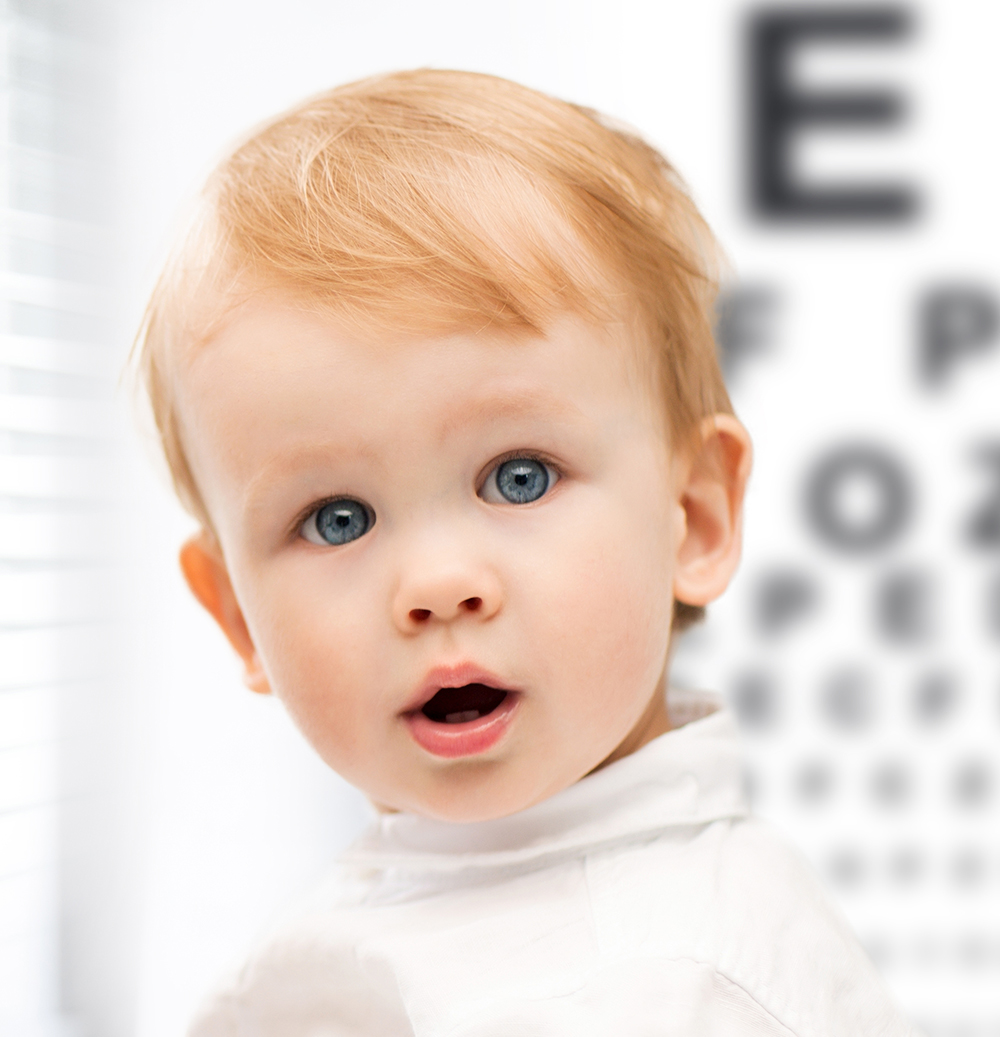
Earlier this year, a group of researchers discovered that we parents heap way more resources, love, and time on our firstborn. But it turns out all that extra TLC may have a downside (well, besides shortchanging subsequent kids): It could impact your child's vision.
According to a new study published last week in JAMA Ophthalmology, firstborn kids are more likely to be near-sighted, or myopic, than their younger siblings. This may be due, in part, to the added attention parents tend to give that child's education. Reading books together indoors or letting your child play educational apps on the iPad may be great for their intelligence, but such intense, close visual activities can overtax the eyes and lead to myopia, experts say. (Genetics also play a role.)
The study analyzed 89,120 UK Biobank participants. All were white, between the ages of 40 and 69, and had no history of eye disorders. Researchers asked for their birth order and highest level of education they attained. Adjusting for age, sex, and education, the scientists determined that firstborns were 10 percent more likely to be myopic or about 20 percent more likely to have more severe myopia than later-born siblings.
These findings echo previous work that linked birth order and near-sightedness.
If you haven't given your baby's vision much thought, you may want to start. Myopia tends to crop up when kids are school-aged, according to the American Optometric Association. Nearly 30 percent of the U.S. population is near-sighted—up nearly 20 percent since the 1970s—and that number is expected to climb even more. Researchers at the Brien Holden Vision Institute recently estimated that up to 5 billion people worldwide will be myopic by 2050, and nearly 1 billion people with severe myopia are at risk of going blind. Gulp.
Luckily, there are some steps you can take to protect your baby's peepers for the long haul. Experts recommend having their eyes checked regularly, limiting their screen time, and encouraging them to get outdoors more.
Don't forget to sign up to receive our free Parents Daily Baby newsletter.
